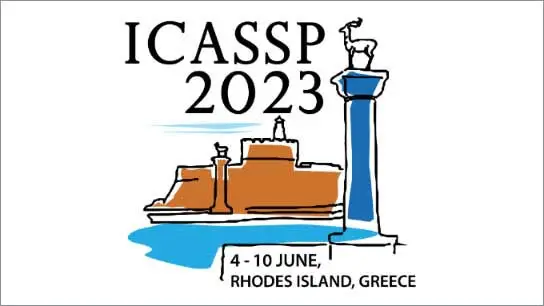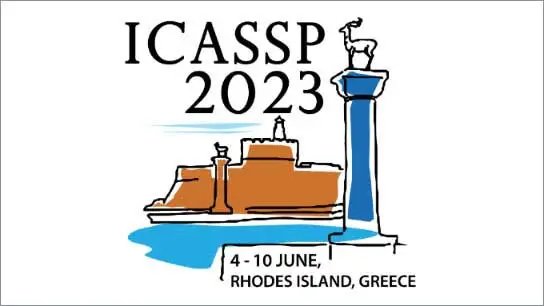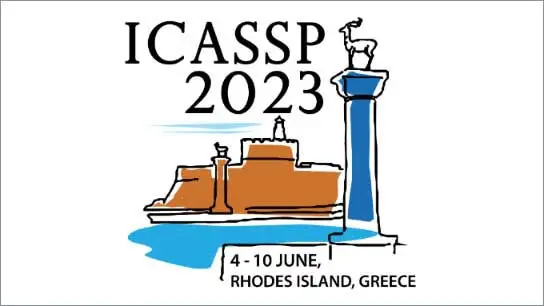LE-DTA: Local Extrema convolution for Drug Target Affinity Prediction
Tanoj Langore (National Taiwan University); Te-Cheng Hsu (National Tsing Hua University); Yi Hsien Hsieh (National Taiwan University); Che Lin (National Taiwan University)
-
Members: FreeSPS
IEEE Members: $11.00
Non-members: $15.00
08 Jun 2023
One of the essential parts of drug discovery and design is the prediction of drug-target affinity (DTA). Researchers have proposed computational approaches for predicting DTA in order to circumvent the more expensive in vivo and in vitro tests. More recent approaches employed deep network architectures to obtain the features from the drug molecules and protein sequences. The drug compounds are represented as graphs and the target protein as a sequence to extract this information. In this work, we develop a new graph-based prediction model, termed LE-DTA, that utilizes local extrema convolutions for effective feature extraction. It focuses on the local and global extrema of graphs for node embedding. We investigated the performances of both the proposed models on three different benchmark datasets. Our proposed model showed improvement in CI by 1.12% and 0.35% and a reduction in MSE by 7.7% and 3.33% on KIBA and BindingDB datasets, respectively. we also showed that despite use of various pooling operation on our proposed model we achieved average reduction in MSE by 7% on KIBA dataset and 3% improvement on BindingDB dataset.



